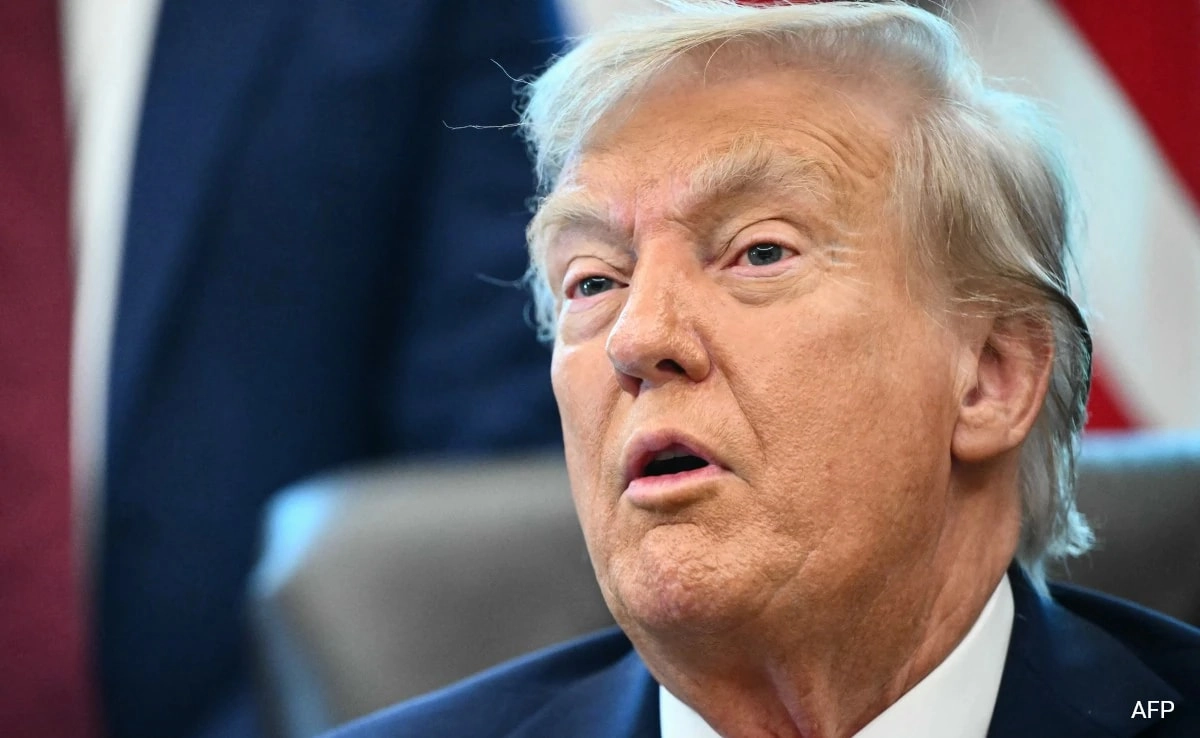Former President Donald Trump recently expressed his concerns following a ruling by a U.S. court that deemed his administration’s tariffs illegal. The tariffs, which were imposed on various goods as part of a broader trade strategy, were intended to protect American industries and reduce the trade deficit. However, the court’s decision has raised questions about the legality of such economic measures and their potential implications for the nation’s financial health. Trump warned that the removal of these tariffs could weaken the United States financially, arguing that they were essential for maintaining a competitive edge in the global market.
In his statement, Trump emphasized the importance of these tariffs in safeguarding American jobs and industries from foreign competition. He claimed that the tariffs helped to bolster domestic production and supported workers in various sectors, particularly manufacturing. The former president’s stance highlights a key aspect of his economic policy, which focused on prioritizing American interests in trade negotiations. He believes that without these protective measures, the U.S. could face adverse effects, including job losses and a decline in economic growth.
Trump’s remarks also reflect a broader debate regarding trade policy and its impact on the economy. Critics of tariffs argue that they can lead to increased prices for consumers and strain relations with trading partners. However, supporters, including Trump, contend that they are necessary to level the playing field and counteract unfair trade practices by other nations. The recent court ruling has reignited discussions about the balance between protecting domestic industries and fostering international trade relations, leaving many questioning the future of U.S. trade policy in light of these legal challenges.
As the legal landscape surrounding tariffs continues to evolve, both supporters and opponents will likely keep a close eye on how these developments could shape the U.S. economy in the coming years. Trump’s comments serve as a reminder of the ongoing tensions in trade negotiations and the complex interplay between legal rulings, economic strategy, and national interests.




